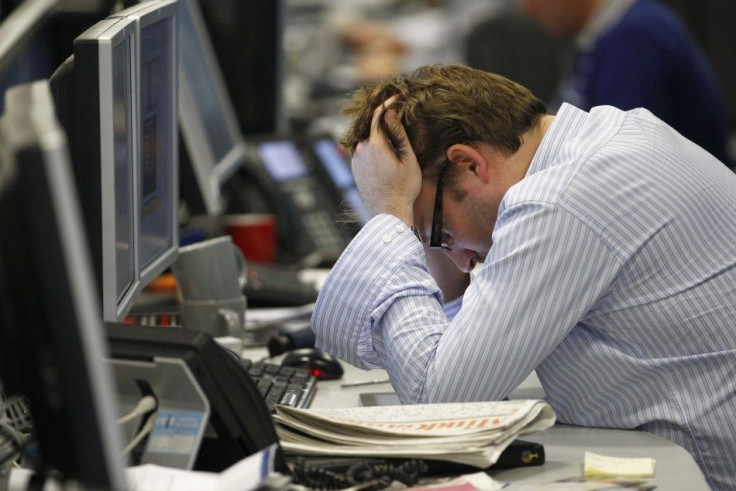What More Can Central Banks Do To Fight The Recession? Plenty

Who'd want to be a central banker these days? Persistent recession, faltering markets and angry investors have left the men at the top of the financial tree in what one well-respected expert described last week as "policy purgatory."
On top of all this, after successive rounds of quantitative easing and rate cuts, it appears central banks have run out of firepower for kickstarting sluggish economies.
But this doom-laden conclusion need not be so, according to a report by Capital Economics.
Despite most central banks slashing interest rates in 2009, The London-based group says there is still room for many European institutions, such as the Bank of England, to go even lower.
Taking the BoE as its example, Capital notes Governor Mervyn King has so far resisted dropping below the current rate of 0.5 percent for fear of damaging bank profits, but that may be about to change.
"The BoE's recent decision to provide cheap funding to commercial banks through its Funding for Lending Scheme may have eased concerns about bank profitability," the Capital Economics report notes.
Going Negative
While further rate cuts may be on the cards, central banks could also employ some more exotic measures to stimulate their economies.
They could cut rates on excess reserves to below zero, effectively charging commercial banks to store their money. The Danish central bank, for example, recently reduced the rate it pays on excess reserves to minus 0.2 percent.
This charge would discourage banks from idling their cash at the central bank, and hopefully encourage lending.
Central banks could also take the even more radical step of cutting their key policy rates to below zero. The only caveat is that the key rate would have to be less negative than the rate for excess reserves to ensure banks continue lending to each other.
Keeping On Message
Central banks could also do more to persuade markets they intend to keep rates at their current historic lows.
Explicit promises to keep rates low while stipulating the desire to fight deflation could act as good indicator to commercial lenders that central banks mean what they say. The Bank of Japan, for instance, recently promised to maintain a virtually zero interest rate "until it judges ... that price stability is in sight."
Capital Economics notes that central banks could also make future changes in monetary policy "conditional on progress towards their targets for inflation and, if applicable, unemployment."
Buy Buy Buy
While standard QE is yielding ever-diminishing returns, central banks could buy more private sector assets.
"Including more private sector assets in future asset purchase schemes may help to bring down credit spreads," Capital Economics said.
Focusing on those most troubling areas of the economy, such as housing in the U.S. or corporate bonds and asset-backed securities in the UK, central banks could lift these areas out of the economic doldrums.
The Bank of Japan has led in this respect, already purchasing equities and real estate investment trusts as well as corporate bonds and commercial paper.
Real Radicals
Finally, if all these measures failed to work, then there are even more radical alternatives the really adventurous central banker could attempt.
They could, for instance, abolish banknotes altogether. With no banknotes there would be nothing to stop interest rates falling well below zero.
Central bankers could even impose a tax on banknotes , such as that proposed by 19th century economist Silvio Gesell. Gesell said that in order to remain legal tender, notes should be stamped each week reducing the note's value by 0.1 percent, in effect creating a 5 percent tax.
Both measures would help overcome the "zero-bound" effect once interest rates reach on or near zero percent.
--
© Copyright IBTimes 2024. All rights reserved.











